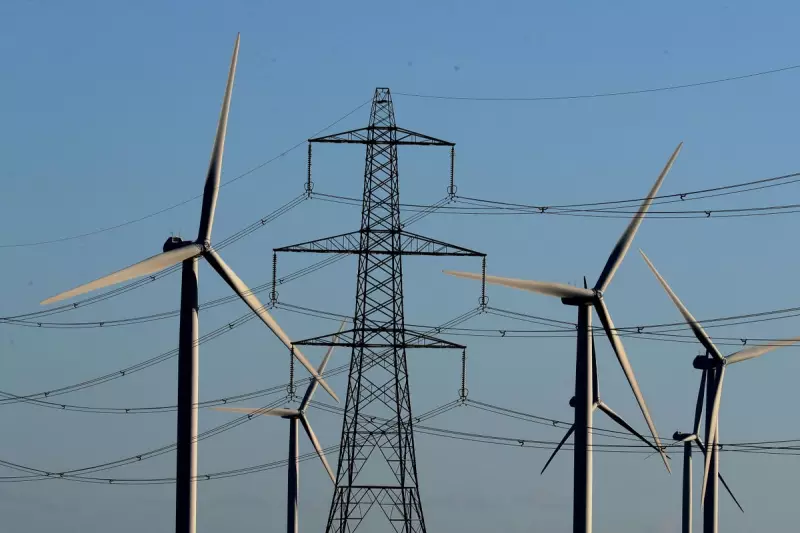
Chancellor Rachel Reeves has announced significant energy bill reductions for households across Britain in her inaugural Budget, pledging an average saving of £150 through the scrapping of controversial green levies.
Budget Measures Deliver Immediate Relief
During Wednesday's Budget speech in the Commons, the Chancellor revealed that the Energy Company Obligation (ECO) scheme will be terminated to remove the associated levies from energy bills. This move alone is expected to save households £59 on average.
In a parallel measure, the government will transfer 75% of the cost of subsidies for older renewables projects - known as the "renewables obligation" - from electricity bills to general taxation for the remainder of the spending review period. This significant shift will deliver additional savings of £88 on average for consumers.
Combined with a £7 saving on VAT resulting from these two measures, the total average reduction for households will reach £154, slightly exceeding the Chancellor's initial £150 pledge.
Climate Campaigners Voice Strong Opposition
Despite the immediate financial relief for bill-payers, environmental groups have condemned the decision to scrap the ECO scheme, which provides energy efficiency measures such as insulation for fuel-poor households.
Ed Matthew, campaigns director at climate change think tank E3G, described the move as "a devastating blow" and "morally indefensible". He warned that the decision would cost approximately 10,000 jobs and prevent around one million families from insulating their homes over the next four years.
The Chancellor defended her position, stating: "The Conservatives' ECO scheme was presented as a plan to tackle fuel poverty. It costs households £1.7 billion a year on their bills and for 97 per cent of families in fuel poverty, the scheme has cost them more than it has saved. It is a failed scheme, so I am scrapping that scheme along with taking other legacy costs off bills."
Alternative Funding and Long-term Concerns
In response to criticism, the government announced an additional £1.5 billion capital investment to tackle fuel poverty through its Warm Homes Plan. This supplements the £13.2 billion of funding allocated during the spending review earlier this year.
However, campaigners argue that replacing the ECO scheme's £6.4 billion support with a £1.5 billion fund represents a significant reduction in green homes funding, dropping from £20 billion to £15 billion over the current parliament.
Chaitanya Kumar, head of economic and environmental policy at the New Economics Foundation, commented: "Removing the renewables obligation costs from bills will help in the short term, but the chancellor is wrong to say the ECO scheme costs more than it saved. The problem is a broken retrofit supply chain and not the principle of helping people cut their energy bills for the long term."
The government maintains that reducing electricity costs relative to gas is crucial for encouraging the transition to clean electric technologies, including heat pumps and electric vehicles.





